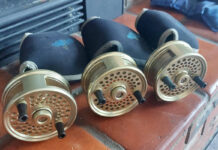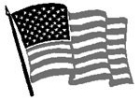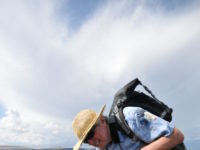For Kittery-based Kyle Shaefer, protecting the environment is as important as catching fish.
Meet the World’s First Carbon-Neutral Fly-Fishing Guide
For Kittery-based Kyle Shaefer, protecting the environment is as important as catching fish.
Photography by Joe Klementovich
By Katherine Englishman
Issue: September 2021
The world of Captain Kyle Schaefer is more like a galaxy. Founder of Soul Fly Outfitters in Kittery and the just-opened Soul Fly Lodge in the Bahamas’ Berry Islands, Schaefer is a fly-fishing guide, writer, conservationist, and entrepreneur. Most notably, he became the first fly-fishing guide in the world to become carbon-neutral; for the past two years, his business has offset as much carbon dioxide as it has emitted into the atmosphere.
On a record-breakingly hot Monday morning in Kittery I’m standing barefoot on the deck of Schaefer’s SW 16 Skiff, the Laney, as he patiently coaches me through my first attempts at casting a fly-fishing rod with the hope of hooking one of the area’s sought-after striped bass. Schaefer is an encouraging, calm, and observant guide. Yet, his placid demeanor doesn’t hide the passion he has for fly-fishing, specifically for these fish in the North Atlantic.

The boat rocks as the winds shift, blowing the line opposite to where I want it to go. I overcompensate and force it forward with sharp, herky-jerky movements rather than following Schaefer’s instructions to maintain a smooth stroke that transmits energy from my arm to the rod. Simple, but not easy. Noticing the disconnect, Schaefer stops me for a moment and says, “I don’t use this example with everyone, but as you’re casting, think of it expanding. You know, like the universe is always expanding, and so is your line.” Something about this metaphysical metaphor helps everything click, and all at once, the lure hurtles 30 feet out into the soft blue rippling water. “Sweet!” exclaims Schaefer. He has a mile-wide grin on his face.
As an environmental advocate and outdoorsman, Schaefer has a sense of interconnectedness that goes far beyond guiding, although sharing his passion and purpose is both the heartbeat and connective tissue of his mission at Soul Fly. When asked about the meaning of the name he says, “Soul Fly embodies the idea that this is a soulful activity.” There’s no doubt about that. It doesn’t take long to realize that learning how to fly-fish with Schaefer isn’t just about wetting a line and hooking a big one; it’s a lesson in what it means to be one small part of a big and complex ecosystem that hangs in a delicate balance—a role that, in Schaefer’s world, is crucial to keep it all from going under.
Schaefer has an ability to tackle complex issues with ease. As a board member of the American Saltwater Guides Association (ASGA), an organization dedicated to sustainable marine business and conservation, he has long been a vocal conservationist. He lobbied in Washington D.C. to create stronger federal fisheries legislation, and empowers his clients to be responsible anglers.
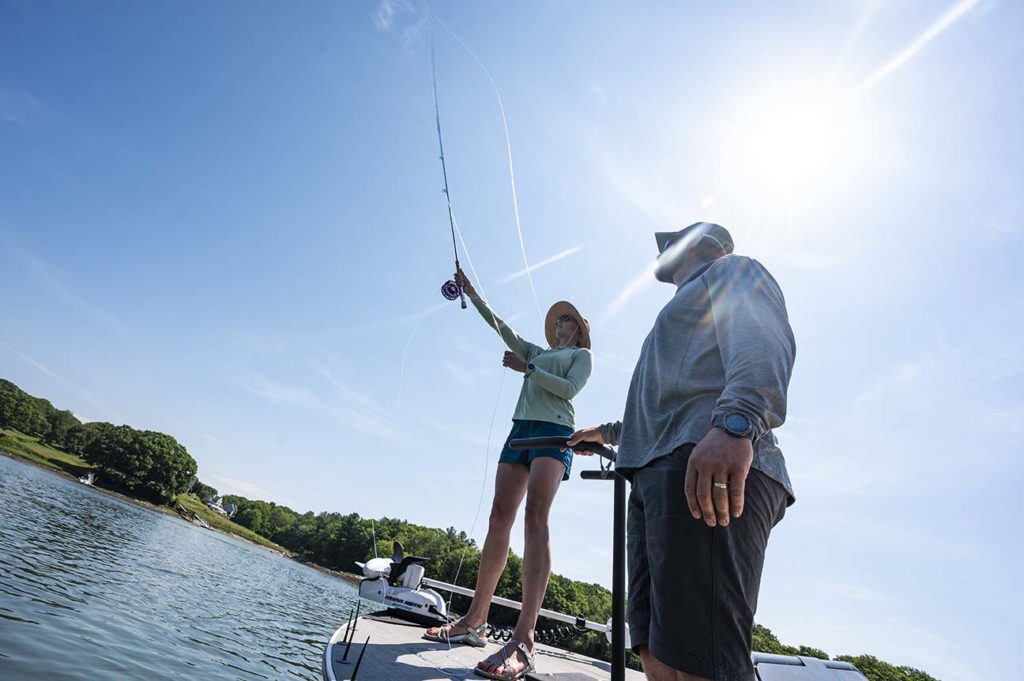
In 2019, through a friend of a friend, Schaefer caught wind of like-minded business owners in the fishing industry going carbon-neutral. “I got great information on the value of it, how it’s part of the solution, and could potentially not be very challenging,” explains Schaefer. So, he joined the Fly Fishing Climate Alliance, a group of business owners and guides all pledged to be carbon-neutral by 2030. With the help of Emerger Strategies, a sustainable business consultancy, he became the world’s first climate-neutral fly-fishing guide in 2020.
He explains the carbon-neutral process with his signature clarity: “It really comes down to three things: quantify, reduce, and offset,” says Schaefer. “You need to take a look at your carbon footprint and take inventory of the greenhouse gases that your business is emitting. From there, you look at what you can reduce. What you can’t reduce, you offset with renewable credits.” Schaefer maintains a small carbon footprint by reducing energy use and eliminating single-use plastic, among other environmentally friendly practices. In 2020, his business reported 12.1 metric tons of carbon emissions, which is lower than the 16 to 20 tons that the average American emits per year. To be transparent, he breaks down his carbon emissions report in a blog post on his website.
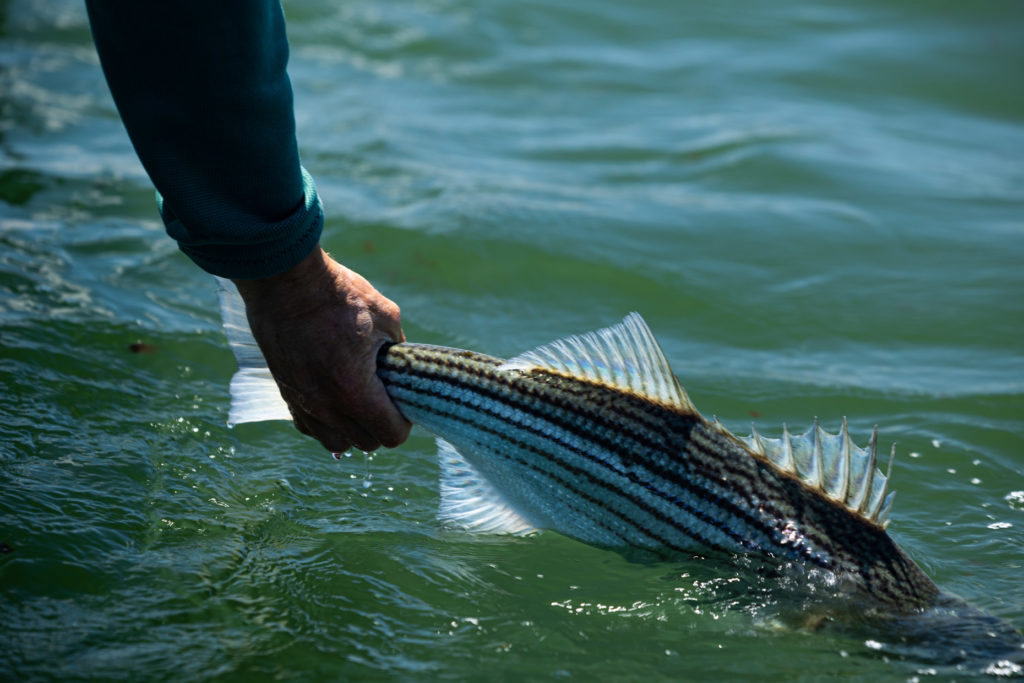
As a business, Soul Fly engaged experts to become carbon-neutral, but Schaefer says anyone can calculate their carbon footprint through online resources— there’s one from the climate advocacy group Protect Our Winters, and another from the Nature Conservancy, for example. “It’s really affordable. Over the past two years, I haven’t spent more than $300 on my renewable credits.” For context, my drive from Scarborough to Kittery and back in a Subaru Crosstrek would only cost me $1.80 to $2.40 in renewable credits, depending on which offsets I purchased. (The cost of carbon fluctuates depending on political and economic factors.) Schaefer purchases carbon offsets from Cool Effect, a nonprofit that funds carbon dioxide–reducing projects around the world. His carbon offset purchases fund a project in Colorado that conserves native grasslands from agricultural development; the grasses absorb greenhouse gases. “Choose those offsets wisely,” says Schaefer, “because that is the meat of what we are doing. That money needs to fund a project that is meaningful.”
While it’s his job to teach others how to catch fish, Schaefer’s lessons are also a gateway to learning how to safeguard these natural resources. This is more important than ever, especially in the Gulf of Maine, where the waters are warming faster than anywhere else in the world, threatening to change the migratory patterns of the striped bass, among other fish, and upset the health of all marine life. However, there’s room for improvement all around. There is an incredibly high mortality rate caused by recreational anglers fishing for striped bass. The most recent striped bass stock assessment from the Atlantic States Marine Fisheries Commission in 2019 estimated that 3.4 million striped bass unintentionally die from improper handling even during catch-and-release. As a result, many guides have taken up the principles of a movement called Keep Fish Wet, a community of anglers like Schaefer, who encourage science-based practices for successful catch-and-release.
All this motivates Schaefer to make changes that are both personal, like reducing and offsetting his carbon emissions, and universal. “I’m trying to make this magnetic,” says Schaefer. “It’s a more holistic and sustainable approach to keep doing what we want to keep doing.” It’s working. This past April, he witnessed over 3,000 anglers (a historic number), including some of his guiding clients, take direct action to demand better legislation during the public commenting period on amending the Striped Bass Fishery Management Plan. Their goal was to hold the Atlantic States Marine Fishery Commission, the group responsible for managing fishery resources, accountable for allowing an unsustainable harvest of striped bass; they also wanted the public to make their voices heard. Collectively, they’ve created a ripple effect that continues to spread throughout the fishing community.
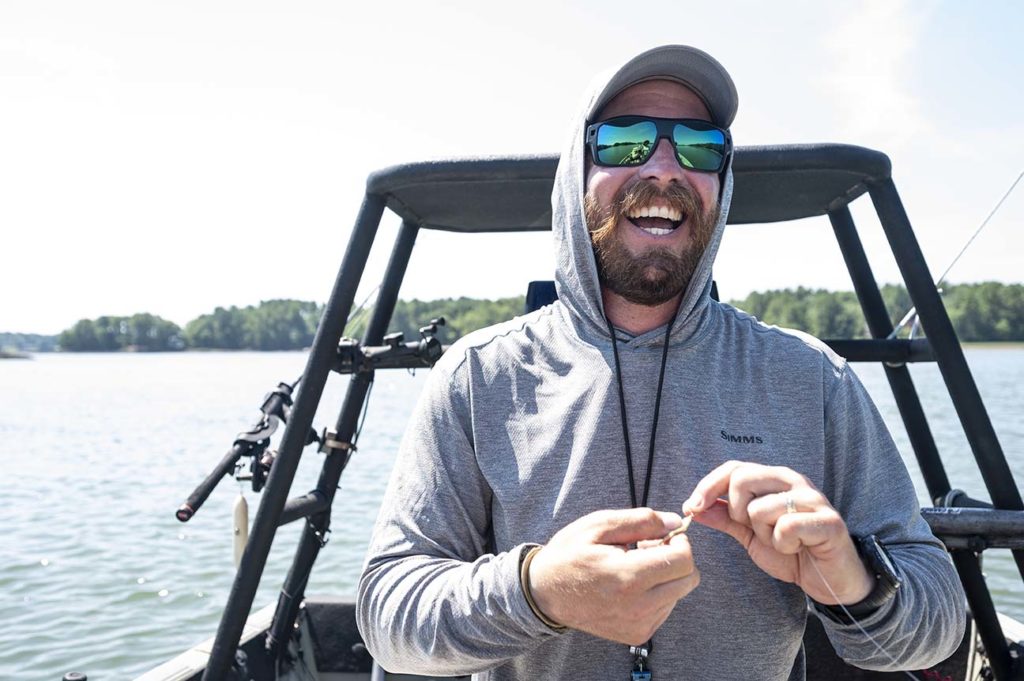
In a funny way, Schaefer shares the same traits that he observes in his beloved striped bass—“resilient and opportunistic”—and believes wholeheartedly that things can and will change for the better as long as we can change our trajectory. Perhaps it’s because he knows all too well that the exhilarating feeling of catching a fish is enough to get anyone hooked. It’s a moment of being completely at one with the wild elements all around us that can’t possibly be recreated without everything in its rightful place. To put it ephemerally, as Schaefer might, catching a fish feels like a moment when all the stars align.
Click Here to read other stories from Katherine Englishman
Read more outdoor stories:
Credit: Source link






















